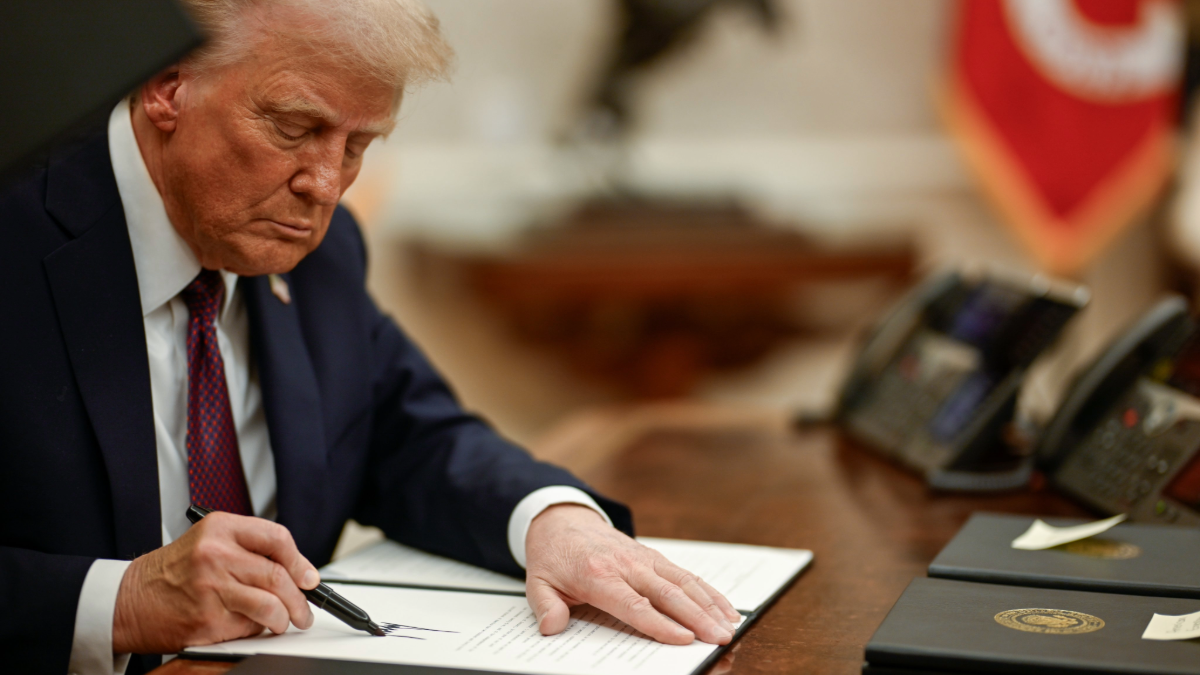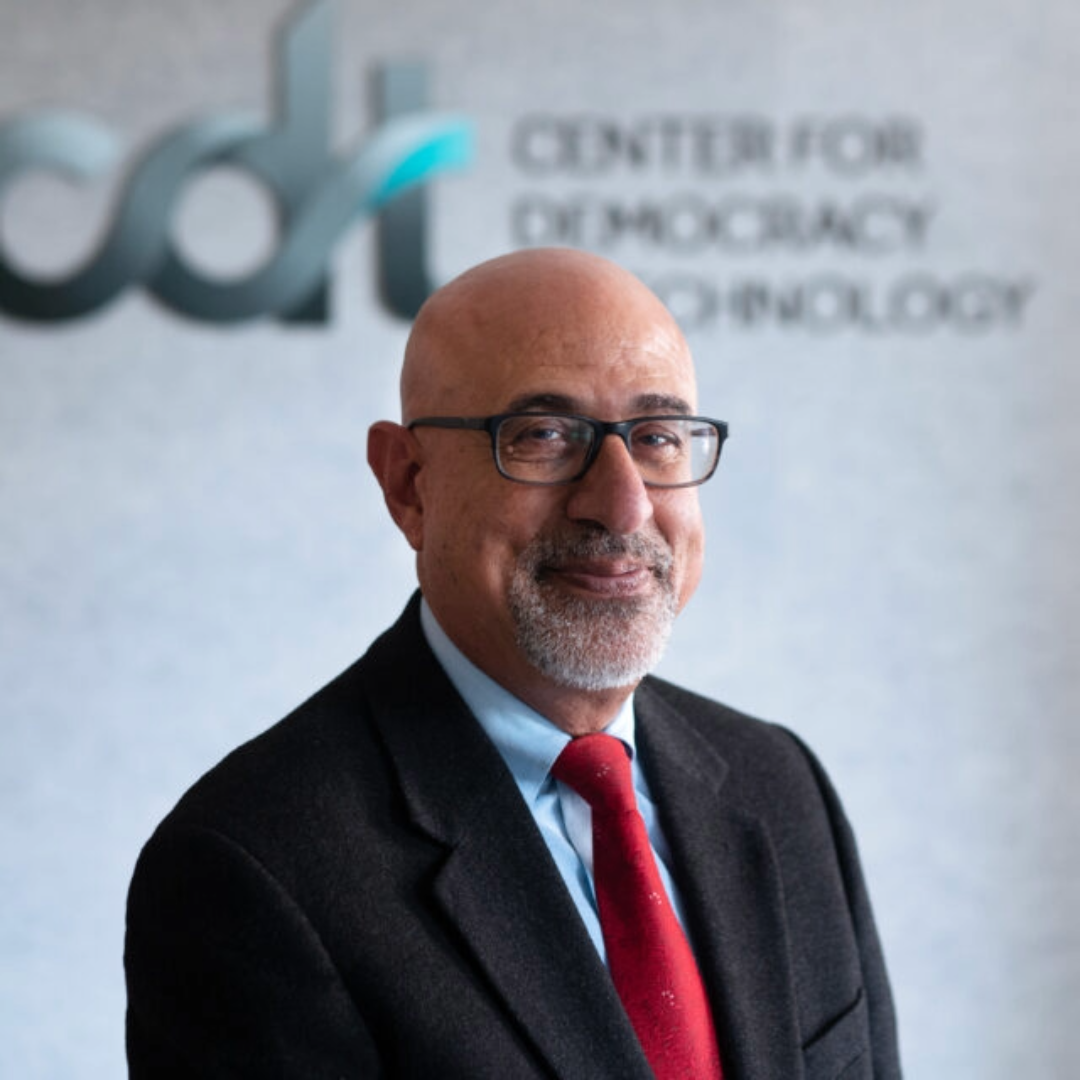Surveillance Without Scrutiny: Trump’s PCLOB Purge Could Be Highly Consequential
Greg Nojeim / Feb 6, 2025Gregory T. Nojeim is a Senior Counsel and Director of the Security and Surveillance Project at the Center for Democracy & Technology.

Washington, DC - January 20, 2025: US President Donald Trump signs a stack of executive orders. White House
In his first days in office, President Trump has made dramatic moves to implement his agenda, from signing a stack of executive orders onstage just hours after being sworn in to telling ICE agents to be camera-ready for immigration raids that he’s eager to see covered on TV.
One clear theme of his efforts this week has been to draw a cloak of secrecy and impunity tightly around not just his administration but the entire federal government, seeking to guarantee that some of the most egregious abuses of power can happen safe from public view and insulated against challenge from watchdogs in the government.
Although his dismissals of inspectors general and DOJ attorneys who attempted to hold him to account for alleged crimes have garnered the lion’s share of coverage, his decision to fire all three Democratic commissioners of the five-member Privacy and Civil Liberties Oversight Board (PCLOB) is also highly consequential.
PCLOB is an important-if-low-profile independent agency tasked with oversight of anti-terrorism matters too sensitive for public review. The agency was established in the aftermath of the September 11, 2001 attacks, and over the course of its existence, it has provided an important check on the kinds of secret government surveillance activities that are most difficult to police. Critically, crippling PCLOB could also torpedo the key trans-Atlantic trade and data-sharing arrangement because it is premised on the agency’s assurance of oversight.
The vital role of PCLOB was illustrated in the wake of the 2013 Snowden revelations, when officials from the National Security Agency insisted that its practice of mass collection of telephone call records was both legally valid and practically invaluable, claiming it had disrupted numerous terror attacks.
That kind of counterfactual is difficult to confirm. Still, the threat of potentially allowing deadly terror attacks should certainly give pause to any lawmaker seeking to reign in such a program.
Enter PCLOB. According to a report made public by the agency, which was able to get a view into the secret program denied to the public, not only did the program “lack a legal foundation,” but reviewers weren’t able to find evidence that it had stopped a single terror attack – let alone the numerous attacks claimed by officials.
This kind of oversight can’t be left to officials directly accountable to the President and his appointees. Nor can it be left to the media or NGOs, who will never have the access needed for a complete picture, which is why Congress created the agency in the first place.
PCLOB has faced criticism over the years (including from my own organization), but its unique position as an independent federal agency makes it a critical piece of any effort to preserve Americans’ rights and liberties in the national security space.
President Trump’s decision to gut the agency is disturbing on multiple levels. The first is obvious: what is the President planning to do with the vast secret powers of the national security apparatus that he doesn’t want the public to know about? Firing PCLOB’s members doesn’t necessarily mean he’s planning on mass surveillance of his enemies or the public at large – but gutting PCLOB opens the door to politically motivated surveillance under the guise of fighting terrorism.
Just as critically, this move, along with the firing of Inspectors General from across the government, sends a clear signal that independent watchdogs are not welcome. The message is obvious: if you choose to blow the whistle on illegal activities, even through protected channels created by federal statute, your job is on the line. That threat will deter the independent oversight that the PCLOB was meant to provide and enable the President to remove anyone who nonetheless dares to provide the public with information about government abuses.
For all the major news stories we can expect to see over the next four years (and if the last 10 days give any indication, that will be plenty), some of the most frightening will be the ones that never make it to air. If sunlight is the best disinfectant, as Justice Louis Brandeis once wrote, President Trump is drawing the curtains of government tight – and we probably won’t know what’s festering until it’s too late.
Authors
